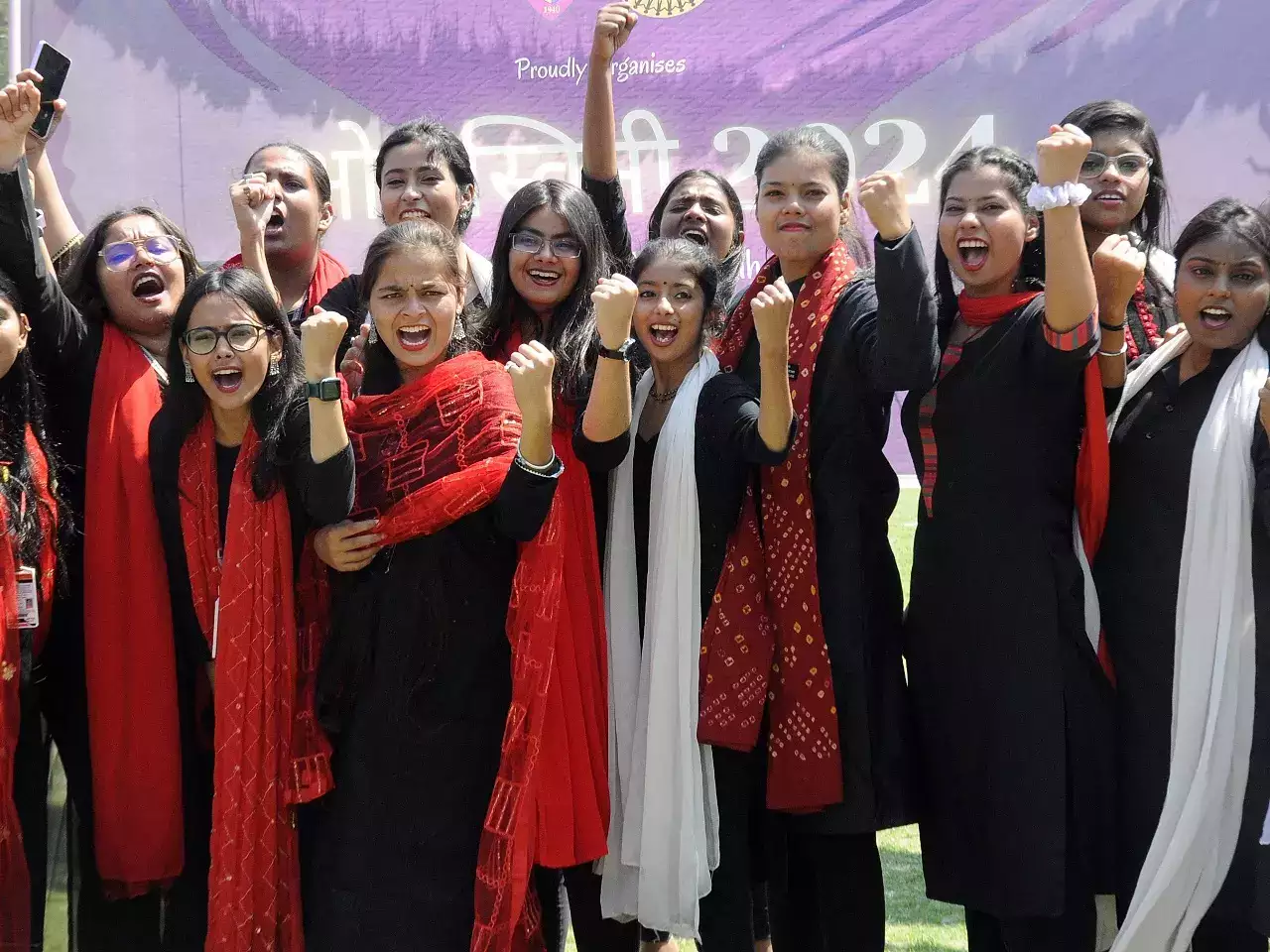Title: Financial Rights of LGBTQ Couples in India: A Closer Look at Legal and Financial Aspects
In a recent verdict, the Supreme Court of India has declined to grant legal recognition to same-sex marriages, asking the Parliament to address the matter through the Special Marriage Act. However, the court has directed the Union, state, and UT governments to prevent discrimination against the LGBTQ community. As LGBTQ couples face legal and societal challenges, understanding and safeguarding their financial rights has become crucial. Here, we delve into the legal and financial aspects that affect LGBTQ couples in India.
Opening a Joint Bank Account
Fortunately, there are no restrictions on opening joint bank accounts in India. According to Adhil Shetty, CEO of BankBazaar, any two individuals, regardless of their relationship status, can open a joint account. The Reserve Bank of India (RBI) does not discriminate based on gender when it comes to account operations. Therefore, as long as the necessary documentation is provided, LGBTQ partners can open a joint account and even invest in fixed deposits jointly.
Joint Home and Car Loans
Unfortunately, the absence of legal recognition for same-sex marriages makes it impossible for LGBTQ couples to apply for a joint home loan. Anny Ghosh, Senior Consultant at Alpha Capital, explains that proof of relationship, such as a marriage certificate, is mandatory for joint home loan applications. This requirement applies to all joint applicants, regardless of their relationship. The slow progress in implementing clear directives from regulatory and legal bodies has hinderd many banks and financial institutions from establishing inclusive policies for LGBTQ couples.
Financial Implications of Adopting Children
Adoption based on sexual orientation is not prohibited by law. However, as live-in couples are not yet permitted to adopt in India, LGBTQ members would only be able to adopt as a couple if same-sex unions are legalized. In such cases, any child adopted would be legally recognized as the child of only one of the partners. Mani Gupta, a partner at Sarthak Advocates & Solicitor, notes that the other partner would need to confer inheritance benefits through a will to ensure the child’s rights to inheritance and succession.
Financial Implications of Separation and Death
In the event of separation or the death of a partner, no special rights are automatically conferred upon the surviving partner. Gupta explains that without a will, the surviving partner would not receive inheritance benefits. Additionally, neither partner would be entitled to maintenance or alimony from the other, and retirement and pensionary benefits would not pass to the non-surviving partner.
Inheritance and Property Rights
The recent Supreme Court judgement maintains the status quo regarding inheritance and property rights for LGBTQ couples. Gupta clarifies that LGBTQ couples cannot claim to be spouses of each other, making it difficult to access benefits of intestate succession. However, LGBTQ couples can still confer inheritance benefits through a will.
While the Supreme Court verdict regarding legal recognition of same-sex marriages awaits action from the Parliament, LGBTQ couples in India face challenges in securing their financial rights. Although progress has been slow, banks and financial institutions are working towards implementing inclusive policies. Understanding the existing legal landscape and utilizing estate planning tools, such as wills, can help LGBTQ couples protect their financial interests in the absence of specific legal provisions for their community.

I have over 10 years of experience in the cryptocurrency industry and I have been on the list of the top authors on LinkedIn for the past 5 years. I have a wealth of knowledge to share with my readers, and my goal is to help them navigate the ever-changing world of cryptocurrencies.











